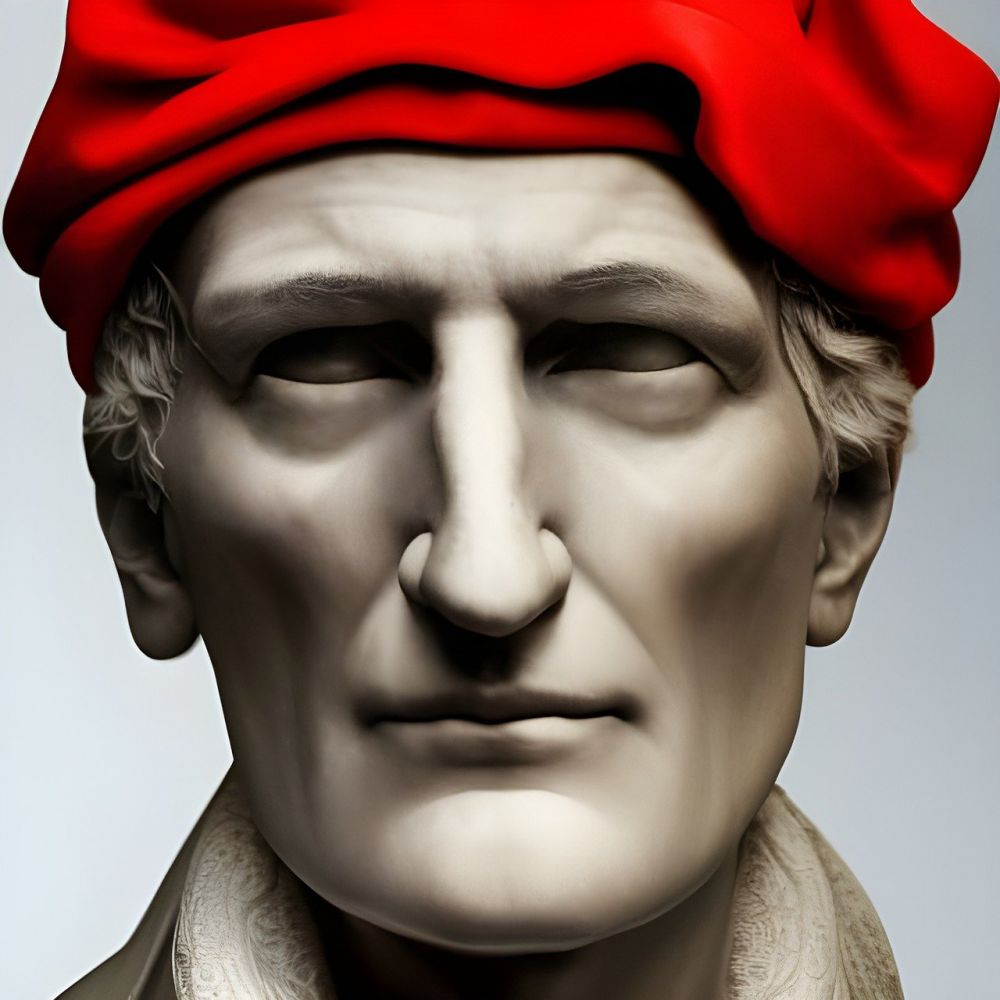Homers Odyssey: An Epic Journey through Time

Introduction:
The tale of “Homers Odyssey” is regarded as one of the most significant works in world literature. Composed in ancient Greece, this epic poem has captivated readers for centuries with its gripping narrative and timeless themes. In this article, we delve into the depths of the Odyssey, exploring the essential aspects that make it an enduring masterpiece.
Homers Odyssey: A Glimpse into Ancient Greece:

The Odyssey is an epic poem attributed to the ancient Greek poet Homer, believed to have been composed around the 8th century BCE. It follows the protagonist, Odysseus, as he embarks on a perilous journey back home to Ithaca after the fall of Troy. The poem spans ten years, chronicling Odysseus’ encounters with various mythical creatures, gods, and his triumphs over adversity.
What Makes the Odyssey Significant:
1. Mythological and Historical Significance:
– The Odyssey intertwines the realm of mythology with historical references, offering insights into ancient Greek society, religious beliefs, and culture.
– It showcases the struggles and triumphs of mortals, their interactions with gods, and the consequences of their actions.
2. Universal Themes:
– The poem explores universal themes such as the longing for home, the resilience of the human spirit, and the nature of heroism.
– It delves into the complexities of human emotions, family bonds, and the search for identity.
3. Narrative Structure:
– The Odyssey employs a nonlinear narrative structure, with flashbacks and episodic storytelling that heighten suspense and engage the reader.
– The poem is divided into 24 books, each highlighting a significant event or encounter in Odysseus’ journey.
Historical Evolution of the Odyssey:
The Odyssey has undergone a remarkable evolution, with its influence spreading far beyond ancient Greece. Here is a historical overview of its development:
1. Ancient and Classical Reception:
– In ancient Greece, the Odyssey was praised for its poetic craftsmanship and became an integral part of oral tradition.
– During the Classical period, notable philosophers like Plato and Aristotle analyzed the poem for its moral and philosophical insights.
2. Medieval and Renaissance Interpretations:
– In the Middle Ages, the Odyssey remained relatively unknown, overshadowed by Christian literature. However, it resurfaced in the Renaissance, captivating scholars and artists with its depiction of human nature.
– Renaissance painters like El Greco showcased scenes from the Odyssey in their artwork, immortalizing the poem in visual form.
3. Modern Influence:
– The Odyssey continues to inspire contemporary literature, art, and popular culture. Numerous adaptations, translations, and retellings have brought fresh perspectives to the ancient tale.
– From James Joyce’s “Ulysses” to Margaret Atwood’s “The Penelopiad,” modern authors have reimagined the Odyssey, putting a new spin on Odysseus’ trials and tribulations.
In conclusion, “Homers Odyssey” remains an extraordinary work of literature that continues to captivate and resonate with readers of all ages. Its exploration of human experiences, its vivid portrayal of Greek society, and its timeless themes make it an enduring masterpiece. As we journey through the Odyssey alongside Odysseus, we are reminded of the power of storytelling and the profound impact it can have on our lives.
Sources:
– Homer. The Odyssey. Translated by Robert Fagles, Penguin Classics, 1996.
– Graziosi, Barbara, and Johannes Haubold, editors. Homer: Iliad Book VI. Cambridge University Press, 2010.
– Power, Andrew, editor. The Landmark Odyssey. Translated by Emily Wilson, Pantheon Books, 2017.
FAQ
Who is the author of the Odyssey?
What are some key themes explored in the Odyssey?
How has the Odyssey influenced literature and art throughout history?
Flere Nyheder
Den ultimative guide til at vælge en erhvervsfotograf I Fredericia
Introduction: The tale of “Homers Odyssey” is regarded as one of the most significant works in world literature. Composed in ancient Greece, this epic poem has captivated readers for centuries with its gripping narrative and timeless them...
04 juli 2025
Erhvervsfotografering i Aalborg: Skab en visuel identitet
Introduction: The tale of “Homers Odyssey” is regarded as one of the most significant works in world literature. Composed in ancient Greece, this epic poem has captivated readers for centuries with its gripping narrative and timeless them...
03 marts 2025











